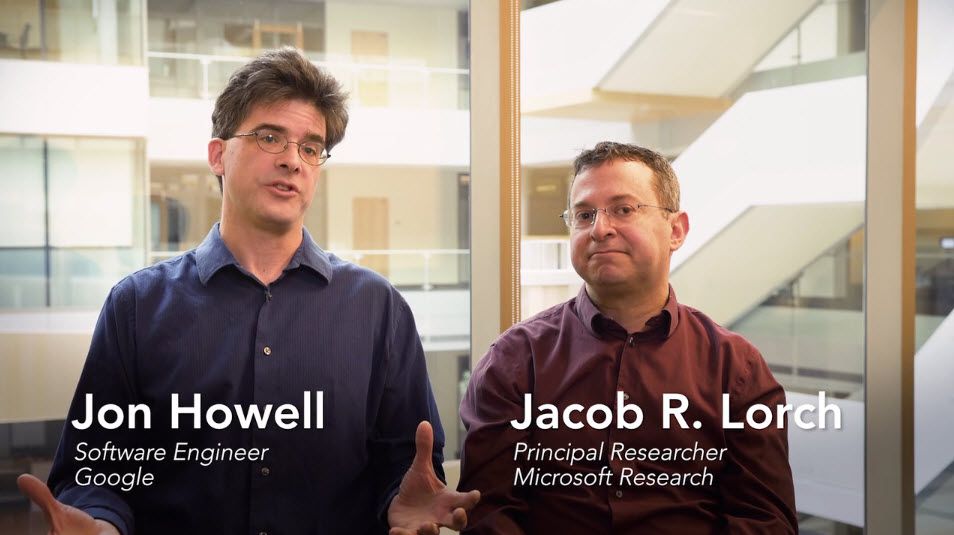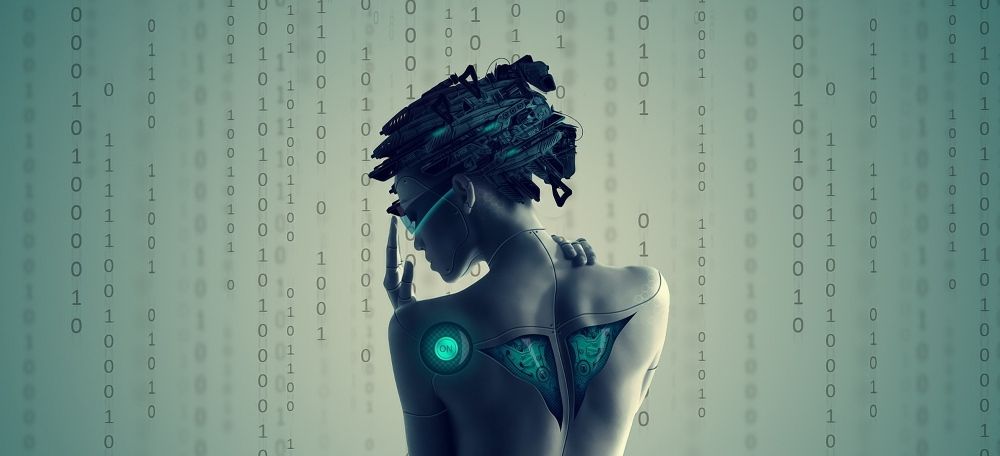Aug 8, 2017
Cyber threats prompt return of radio for ship navigation
Posted by John Gallagher in categories: cybercrime/malcode, satellites
LONDON (Reuters) — The risk of cyber attacks targeting ships’ satellite navigation is pushing nations to delve back through history and develop back-up systems with roots in World War Two radio technology.
Ships use GPS (Global Positioning System) and other similar devices that rely on sending and receiving satellite signals, which many experts say are vulnerable to jamming by hackers.
About 90 percent of world trade is transported by sea and the stakes are high in increasingly crowded shipping lanes. Unlike aircraft, ships lack a back-up navigation system and if their GPS ceases to function, they risk running aground or colliding with other vessels.
Continue reading “Cyber threats prompt return of radio for ship navigation” »
















